A VPN greatly enhances your digital freedom, allowing you to go online with increased privacy and security, while helping you access the whole internet by breaking through censorship.
But an unhindered and surveillance-free internet is not what the governments want of their citizens. How are they to keep you in check if they can’t see what you’re doing? ISPs are very much invested in harvesting your private data for profit, too. It’s no wonder then that there are a few misconceptions about VPNs floating around.
We’re not saying that governments and ISPs perpetuate these five myths, of course. Though they certainly have no reason to dispel them.
Common misconceptions about VPNs
Misconception 1: I have nothing to hide, so I don’t need a VPN
“Who cares if the government reads my emails? I have nothing to fear because I have nothing to hide.”
It seems this argument arises whenever issues of privacy come to the fore. But, you should care. As Edward Snowden says: “Arguing that you don’t care about the right to privacy because you have nothing to hide is no different than saying you don’t care about free speech because you have nothing to say.”
The argument of “nothing to hide” places implicit trust in not only the current government, but also every one that follows it. What’s legal now may not always be so. Indeed, some of the rights we take for granted now—in the U.S., this includes rules surrounding racial equality, the availability of alcohol, and discrimination in the workplace—were not always legal. What damage could have occurred if past governments had access to the mass surveillance of today?
Read more: Nothing to hide? Speak for yourself
Misconception 2: VPNs are only for tech people
It’s true that in times gone by it was a lot more of a daunting task to configure a VPN.
These days, however, you can set up a VPN in minutes. There’s no need to configure network configurations or wrestle with the settings on your computer or mobile device. Just subscribe and download an app. That’s about it.
You can connect to ExpressVPN’s locations with a tap of a button, so you don’t need any computer skills at all. It’s as straightforward as using any other app.
Misconception 3: VPNs always slow your internet connection
VPNs might slow your connection to a certain degree. But in some cases, it can speed it up. Here’s why.
As online streaming services have surged in popularity over the last few years, they have created an increased demand for bandwidth. To counter this, ISPs might restrict your download speed when you’re using streaming sites to reduce congestion on networks. Comcast famously forced Netflix to pay a fee to end its throttling of Netflix users.
A VPN can counter ISP throttling because it hides what you do online. If your ISP doesn’t see you streaming or downloading a large amount of data, it won’t throttle your connection.
Read more: Why is my internet so slow? And how to fix it
Misconception 4: Free VPNs are just as good
This one is just common sense. Providing a high-quality VPN service for nothing is almost impossible.
Although there are plenty of free VPNs and free proxy downloads out there, it’s worth considering how these providers can afford to offer their service at no charge. There are several ways for them to monetize your internet traffic, including:
- Injecting targeted ads and spam into your browser
- Logging your browsing history and selling it to advertisers
- Stealing your bandwidth and serving it to the highest bidder
- Recording all your usernames, passwords, and bank details
Don’t just take our word for it; an independent study of over 25,000 free proxies found the vast majority of them blocked HTTPS, injected data, or modified content in some way.
Misconception 5: VPNs protect me from everything
A VPN can help give you back your privacy, as well as provide a host of other benefits.
But even with one, you’re still at risk from:
- Scams and malware. If you receive a phishing email and click on a malicious link, for instance, a VPN won’t protect you from downloading something harmful or giving up your personal information.
- Tracking from services when you’re logged in to them. When you use an app on your phone, for instance, the app maker knows who you are, even with a VPN on. The same goes for Google or Facebook services, when you are logged in. But a VPN could conceal your location from them.
Read more on why you should use a VPN
- What is a VPN?
- What does a VPN hide?
- The internet is safer now—but a VPN is still essential protection
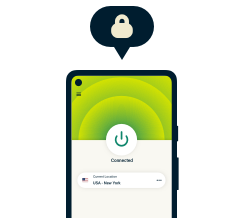
Privacy should be a choice. Choose ExpressVPN.
30-day money-back guarantee
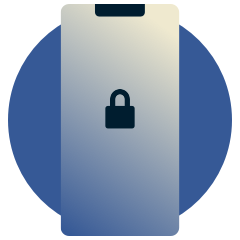
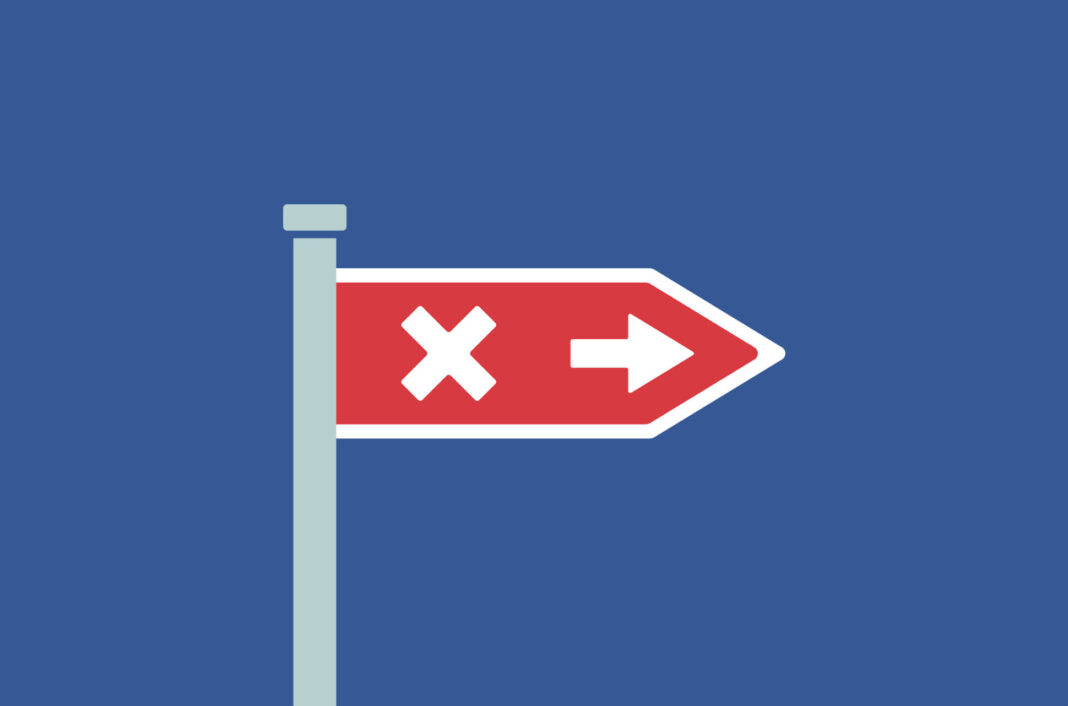
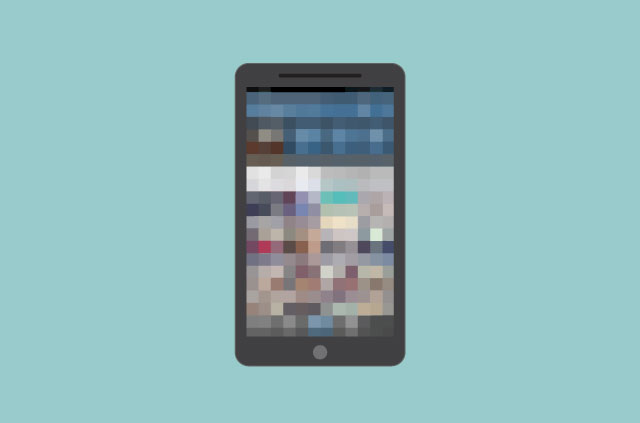
















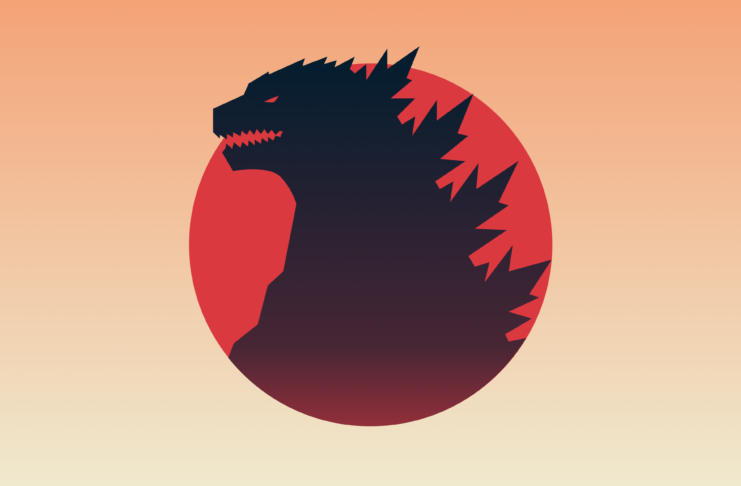
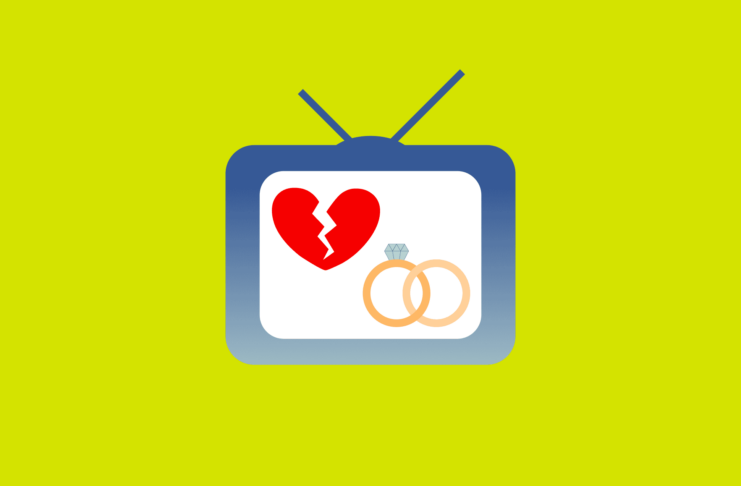

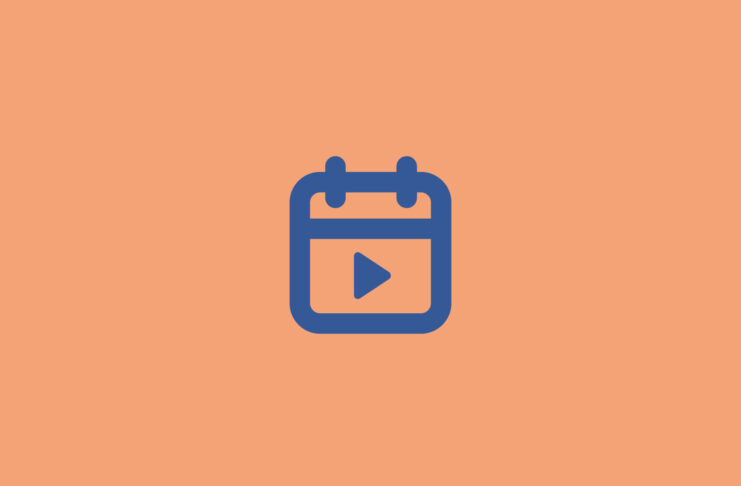




Comments
What a great article. Yes, that’s right, your privacy is not as private as you think it is or want it to be whether you have many secrets or you have Nothing To Hide.
I have to admit J5, this is your most honest and transparent article. And least biased, out of all the blog posts I’ve read of yours so far.